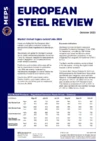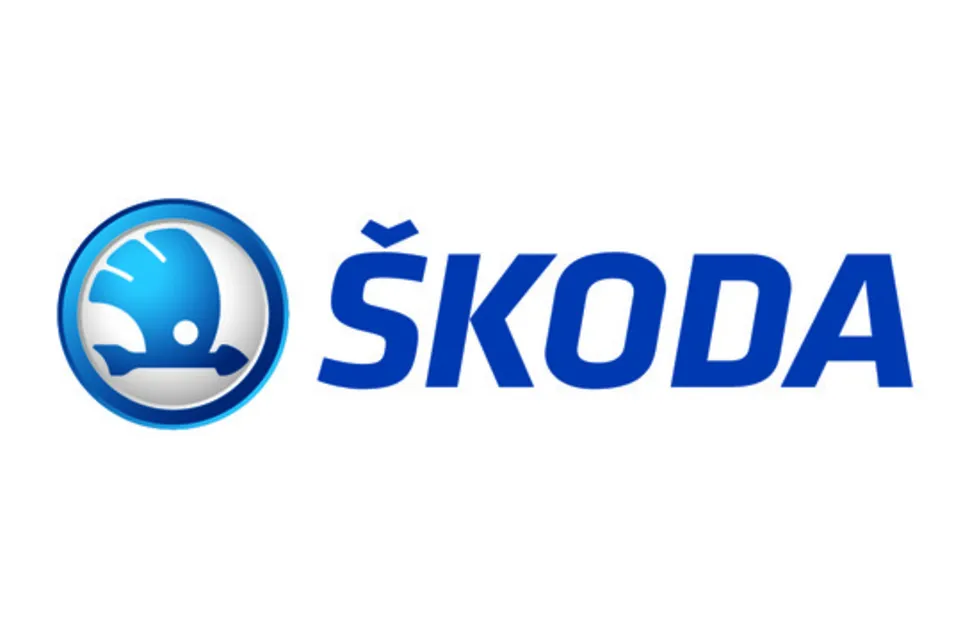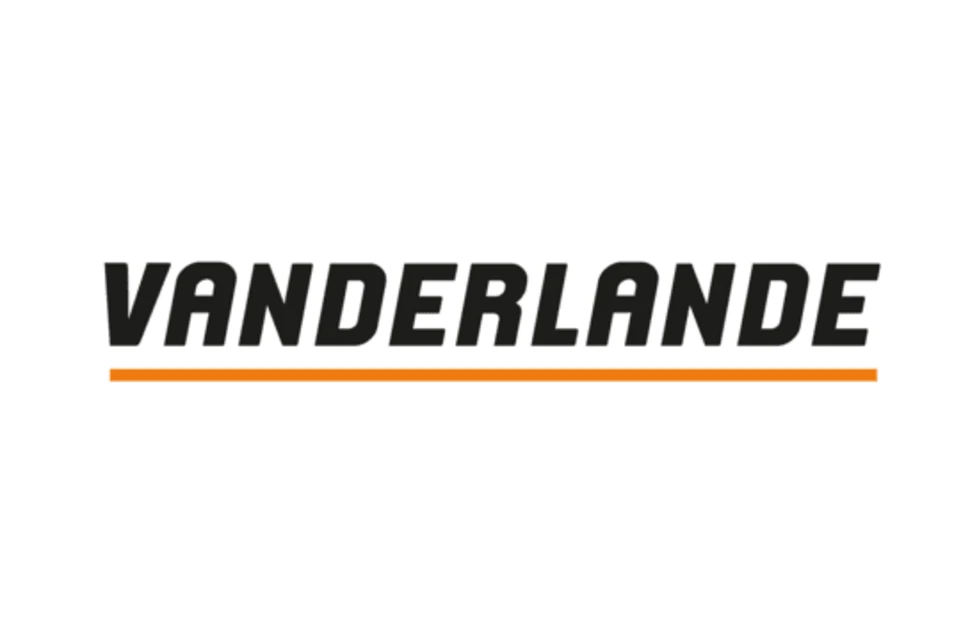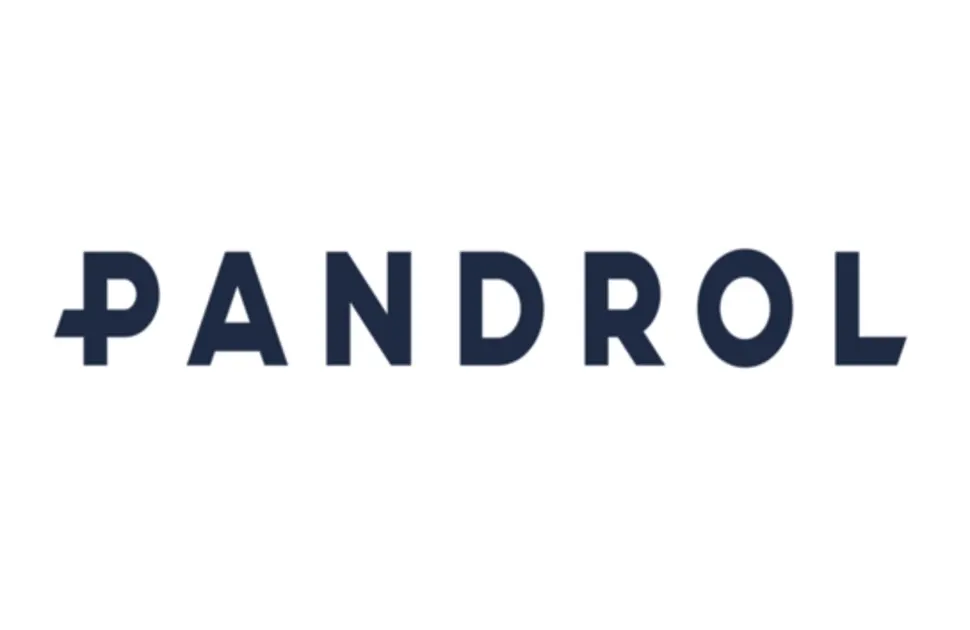Steel sector unsettled by Red Sea shipping crisis
Attacks on cargo vessels destined for the Suez Canal will reduce the influence of new Asian steel import offers after revised shipping routes increased costs and extended delivery lead times.
Some Asian steelmakers withdrew from the European market following the addition of around USD75 per tonne in shipping costs and three weeks of transit around South Africa’s Cape of Good Hope. Major shipping companies, including Denmark’s Maersk, have diverted all vessels away from the Suez Canal. In normal circumstances, 15% of global shipping traffic passes along the route.
MEPS research partners report that the crisis has prompted a variety of responses from Asian steelmakers. Some have shifted to FOB offers, leaving steel buyers to make their own transport arrangements, while other offers exclude the payment of duties.
Arising in the same month that embedded carbon emissions reporting gets underway under the EU CBAM regulations, the challenges severely reduce the appeal and availability of imports. MEPS respondents suggested that this would help to consolidate the higher prices offered by European mills during January.
Wider economic impact
The Houthi rebels responsible for the Red Sea attacks have reacted defiantly to retaliatory action by the United States Navy and United Kingdom’s Royal Navy. Their response has heightened concerns about the longer-term impact on the European economy.
Since Russia’s invasion of Ukraine, the EU has increased its imports of oil and liquefied natural gas (LNG) from the Middle East, via the Suez Canal. EU economy commissioner Paolo Gentiloni has warned that the Red Sea crisis could lead to a spike in energy prices.
Meanwhile, Tesla, Volvo and Suzuki have all announced the suspension of production at their European factories due to supply chain issues.
Economists believe that the EU’s key economies could experience the return of rising inflation if the shipping issues are not resolved quickly. This would negatively affect confidence in the steel sector. MEPS research partners remained hopeful that declining inflation will lead to lower interest rates as 2024 progresses – stimulating the construction sector and consumer spending.
Inflation in Germany rose from 3.2% to 3.7% in December, ending five months of decline. Energy products increased in price by 5.3% year-on-year in 2023 after an increase of 29.7% in 2022. The United Kingdom experienced its first rise in inflation in 10 months, meanwhile. UK inflation rose from 3.9% to 4%.
Overall eurozone inflation increased from 2.4% in November to 2.9% in December. This was largely attributed to the phasing-out of government energy subsidies.
EU safeguard quotas
Elevated raw materials prices and energy costs were among the factors that prompted steelmakers to raise their offers in January. Reduced domestic steel production and the limited import offers also contributed to the shift.
Tariffs will apply to certain imports after several EU steel safeguard quotas were quickly filled in the first week of January. The 923,594 tonne ‘other countries’ hot rolled coil quota was exceeded by 18.37% on January 4, with a further 169,658 tonnes awaiting allocation.
Hot dipped galvanised coil imports from China in the automotive-specific 4B grade also exceeded the 126,603-tonne balance by 52%. A further 65,499 tonnes of that material was awaiting allocation as of January 4.
Market participants are already looking towards quarter two with the expectation that EU safeguard quotas will be quickly filled.
Domestic producers are likely to welcome the reduced competition from imports, but conflict in the Middle East means that uncertainty remains.
- This content first appeared in the January edition of MEPS International's European Steel Review. The monthly report provides subscribers with steel prices, indices, market commentary and forecasts from across Europe.

Source:
European Steel Review
The MEPS European Steel Review is an informative, concise and easy-to-use monthly publication, offering unique professional insight into European carbon steel prices.
Go to productRequest a free publication






